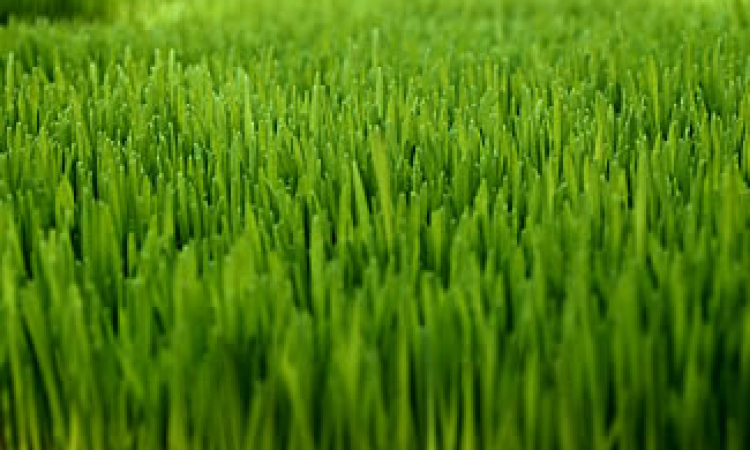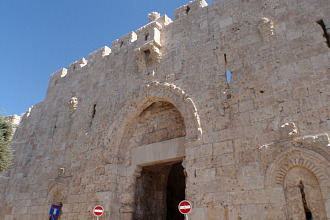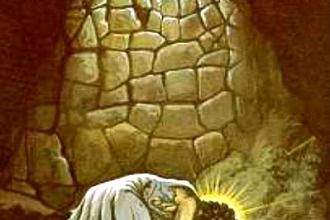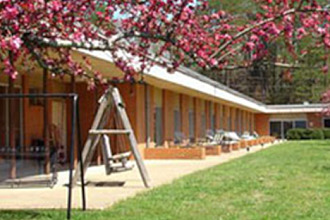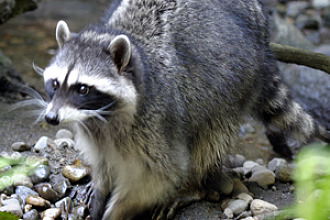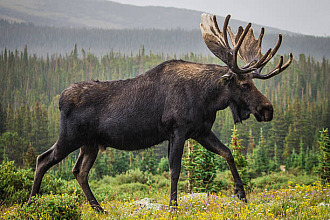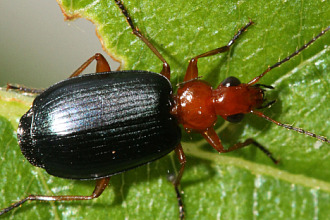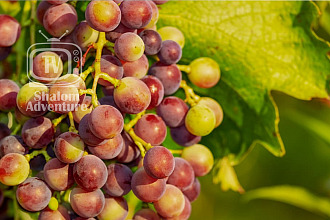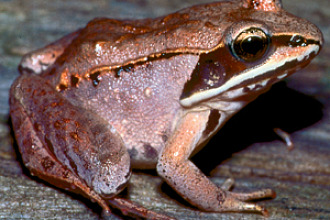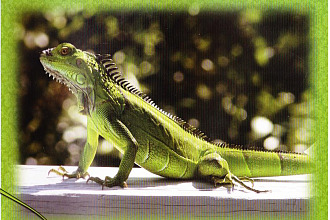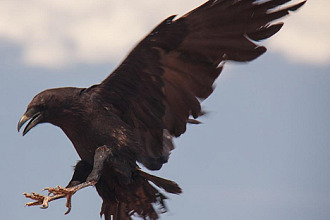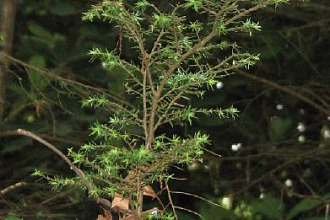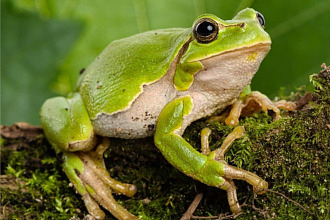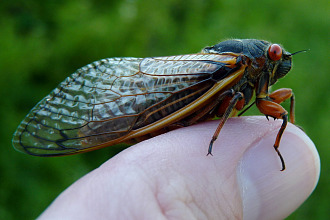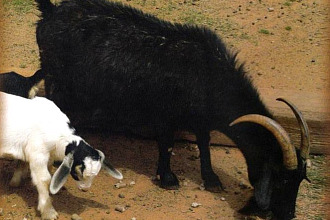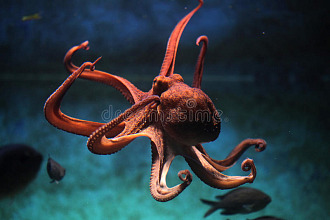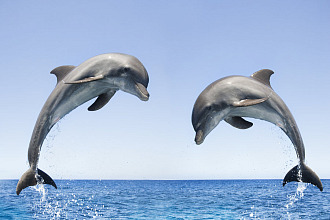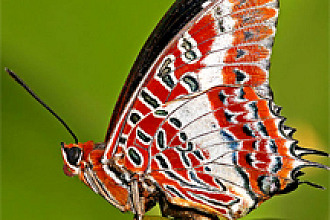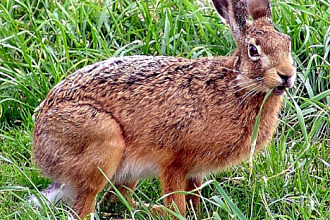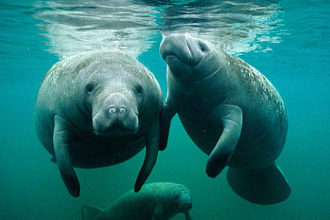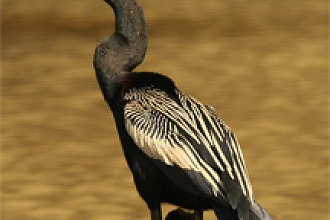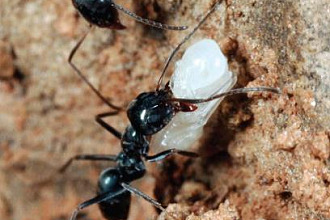In the Torah (Bible), we read “Then God said, ‘Let the earth bring forth grass, the herb that yields seed, and the fruit tree that yields fruit according to its kind, whose seed is in itself, on the earth’; and it was so.” Genesis 1:11.
Grass can be called the carpet of the earth because it is so common. It is interesting that scripture honors grass by placing it among the first in the list of vegetation God created, when it may be the last thing we think of when it comes to valuable plants. We don’t tend to give grass much thought unless it grows too tall in the yard or turns brown when we wish it were greener. However, grass is considered the most important plant for mankind.
Grasses are part of the plant family called Gramineae, which include about 10,000 species and live in many different climates. Grasses are often herbaceous, which means they produce seeds and tend not to have a woody body (although this is not always true) and die when the growing season is over. Grasses are also monocotyledonous. This means the seed produces one leaf and gains more as it grows. The first leaf, called a cotyledon, is the first leaf to emerge from a seed. (“Grasses are Very Common but Very Important”, n.d). Whether you realize it or not, grass gives great benefits to humanity agriculturally, financially, and environmentally.
Grass is said to comprise about 20% of the earth’s vegetation and is a core source of nutrition for herbivores such as cattle and sheep, and is depended upon by wild animals for food. This makes grass important to maintain a balanced ecosystem. Mankind also depends on domesticated animals that feed on grass for financial support as well as for food. People also depend on grasses for food directly. Rice, wheat, oats, maize, rye, barley, sorghum, and other grains, as well as sugarcane, are all part of the grass family. In the form of grains grasses are said to provide about 60% of the human diet accounting for 55% of the protein and 75% of the carbohydrates consumed. (“The Importance of the Grass Family”, 2013).
Of course, we should not overlook the fact that without air you wouldn’t be alive to eat anything the grass family may produce, and the common grass you may overlook every day helps with that too. A 2,500-square foot area of grass makes enough oxygen to support a family of four people and the average yard can absorb about 300 pounds of carbon each year (Minnick, Jerad 2016). So, the next time you are tempted to overlook grass in favor of the brightly colored flowers of other plants or get a bit annoyed that you have to mow the yard, remember that grass is important too.
Also, remember that even if you don’t feel special and think you are just a “common” or “normal” person who would never stand out in the crowd, remember that you don’t need to in order to be very important to God. God uses the “normal” and “common” to do great things in nature and God can use you to do great things too. Just like the common grass helps make the world a better place you can use your talents, however common those may be, to make the world a nicer place.
References:
Author Unknown n.d “Grasses are Very Common but Very Important” Oregon State University received from
http://forages.oregonstate.edu/nfgc/eo/onlineforagecurriculum/instructormaterials/availabletopics/grasses/importance
Author Unknown 2013 “The Importance of the Grass Family” received from http://ausgrass2.myspecies.info/node/3330
Minnick, Jerad 2016 “Eight benefits of natural grass” Lawn and Landscape received from http://www.lawnandlandscape.com/article/ll-100815-natural-grass-benefits/

